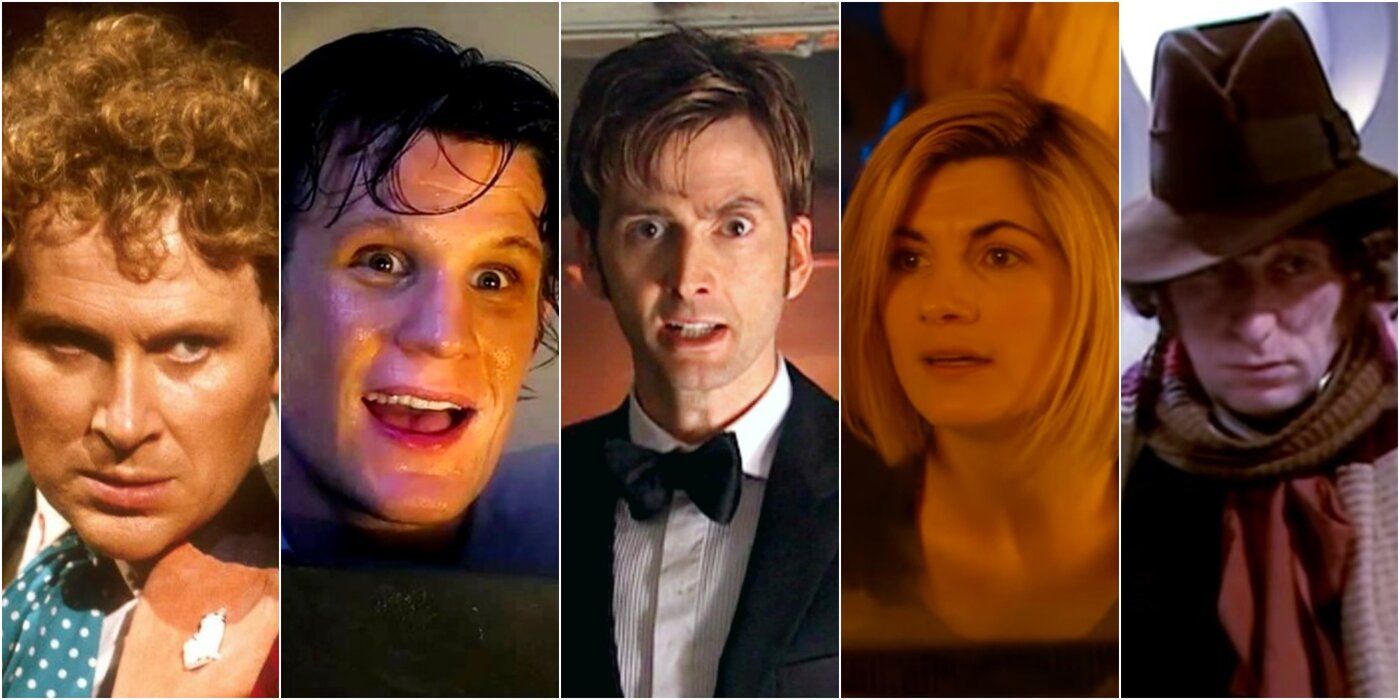
The Doctor, from Doctor Who, is one of the longest-running characters on television, having achieved that feat through being played by a number of different actors. Through the in-universe mechanism of 'Regeneration,' whenever the character is seriously injured, they do not die, but instead change every cell in their body, becoming a new person.
Although these Doctors retain the same memories, their personalities undergo drastic changes, to the point of often nearly being completely different characters. The different Doctors have had different tastes, strengths, weaknesses, opinions, and preferred methods for dealing with problems, creating differences that lead to fans preferring some more than others.
14 The Sixth Doctor Was Proud & Violent
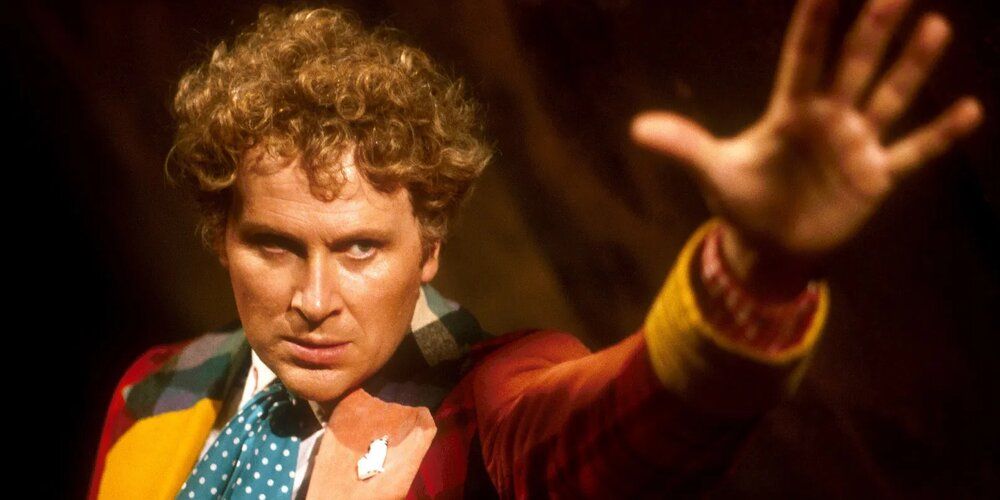
Every version of the Doctor has their fans, with some who will claim them to be the greatest Doctor of them all. As a result, none are truly 'bad.' However, Colin Baker's sixth iteration of the character came at a time when the show was struggling with its identity, trying to become more dark and violent despite being known as a family program.
As a result, some of this wore off on Colin Baker's portrayal, due to the writing. Featuring such things as the Doctor engaging in more fights, and even choking his own companion, the result was that Baker was the only Doctor to be fired.
13 The Seventh Doctor Came Into His Own & Then Got Canceled
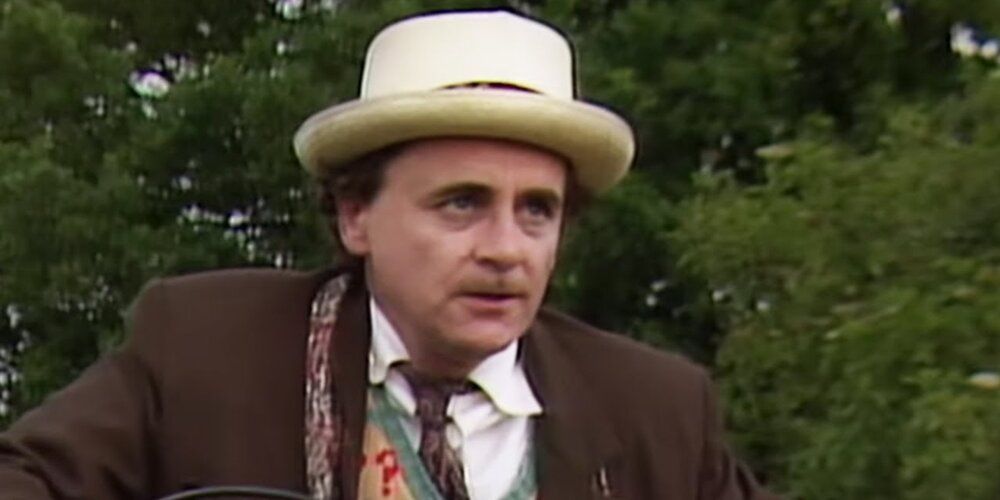
The show's identity crisis continued into Sylvester McCoy's run as the Seventh Doctor. As an overcorrection from its violent excesses, Doctor Who was made excessively silly for a time, causing it to hemorrhage viewers at a time when it was already unpopular.
Initially, McCoy was given little choice other than to play his Doctor as a somewhat harmless comedian. As the role progressed, however, he injected a manipulative streak into the role that was popular with fans but not fully realized before the show's cancelation.
12 The First Doctor Was Amoral & Callous
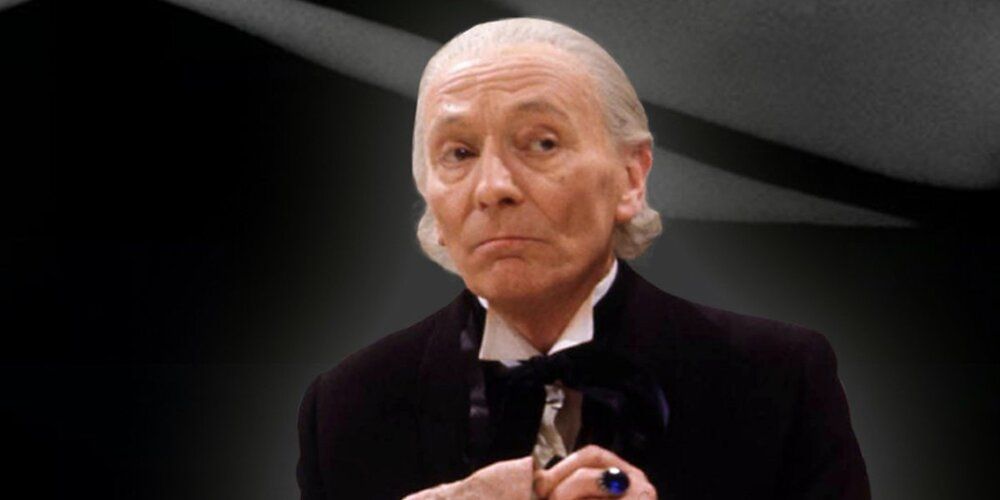
In contrast to the Doctor's best-known nature as a strong moral figure who is allegedly against violence, the First Doctor held no such pretensions, being a gleeful trickster with little regard for humanity.
In part, this is because the Doctor was initially conceived of as more of a plot device and mystery than the show's protagonist, with Ian, Barbara and Susan, the first companion, initially intended to gain more focus. As a result, his Doctor is less pronounced than many others.
11 The Fifth Doctor Was The Gentlest
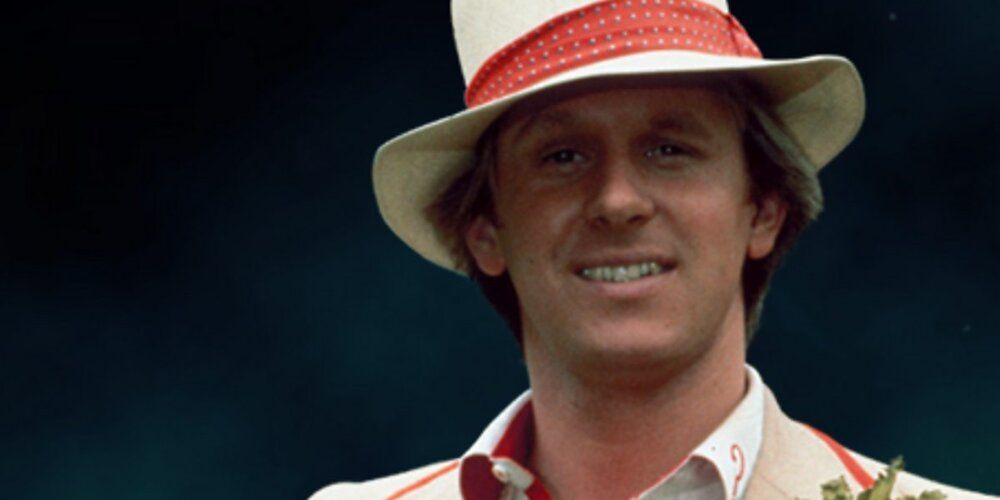
In some ways, the Fifth Doctor was one of the most childlike, a forerunner to Matt Smith occupying a similar niche. His character was pleasant and optimistic, determined to find peaceful solutions and to see the best side of everything.
The Fifth Doctor certainly has his fans, but being on the heels of fan-favorite Tom Baker didn't help him. In some ways, his character felt like an effort to simply not be the Fourth Doctor, hindering his effectiveness.
10 The Eighth Doctor Was Disconnected
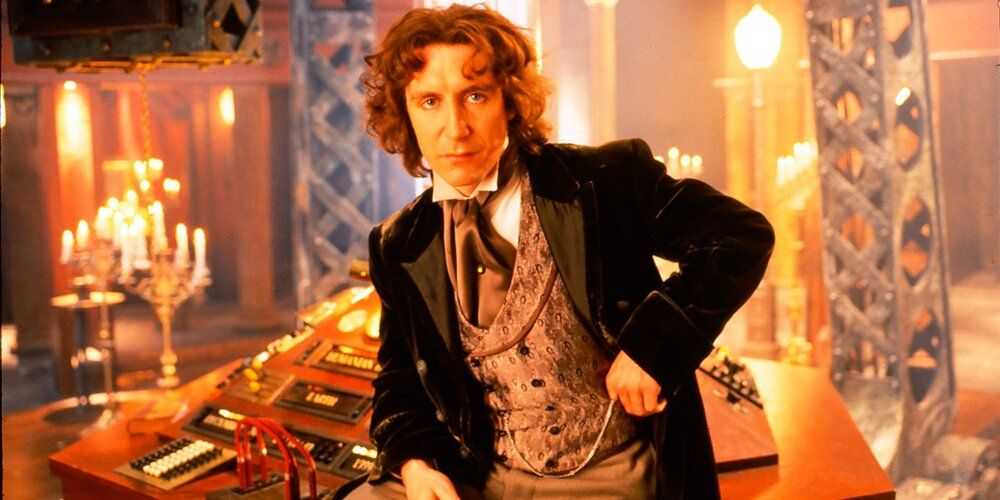
Paul McGann's performance as the Eighth Doctor was impacted by the sheer separation between his episodes. Initially appearing in the 1996 movie, that would be his only outing until a series of webisodes showed his regeneration in 2013.
In his initial appearance, the Eighth Doctor is bright and optimistic, with a poet's air. In his last, he is weary and jaded. Despite McGann's best efforts, the differences make it hard to reconcile as one character without listening to the intervening audio dramas.
9 The Second Doctor Lived To Insult People
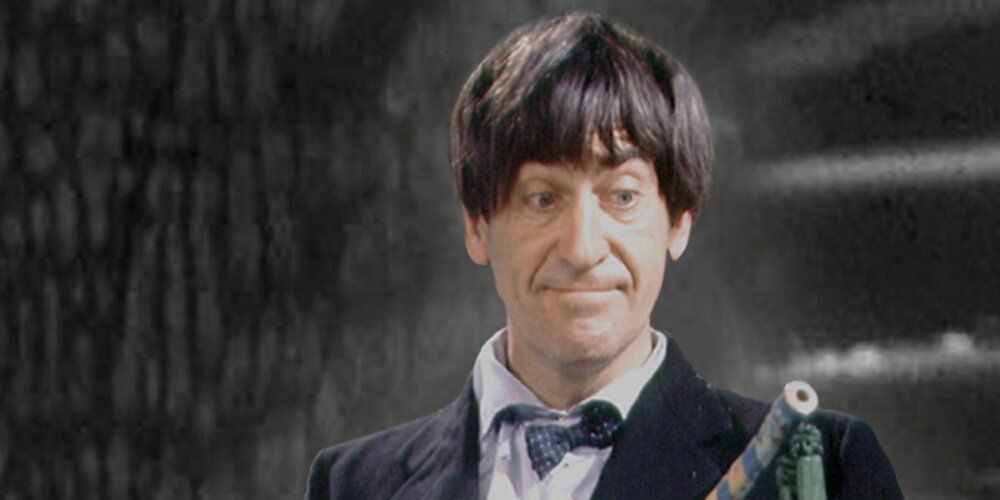
The very first actor to take up the reigns of the role after William Hartnell left, Patrick Troughton and the writers clearly attempted to make a Doctor who was different, yet familiar, recognizably the same character but not just Troughton attempting to be Hartnell. They largely succeeded.
As opposed to the outright criticism and insults of the First, the Second Doctor instead made an art form of hidden insults, slipping them into conversations to great comedic effect.
8 The War Doctor Did A Lot With Very Little
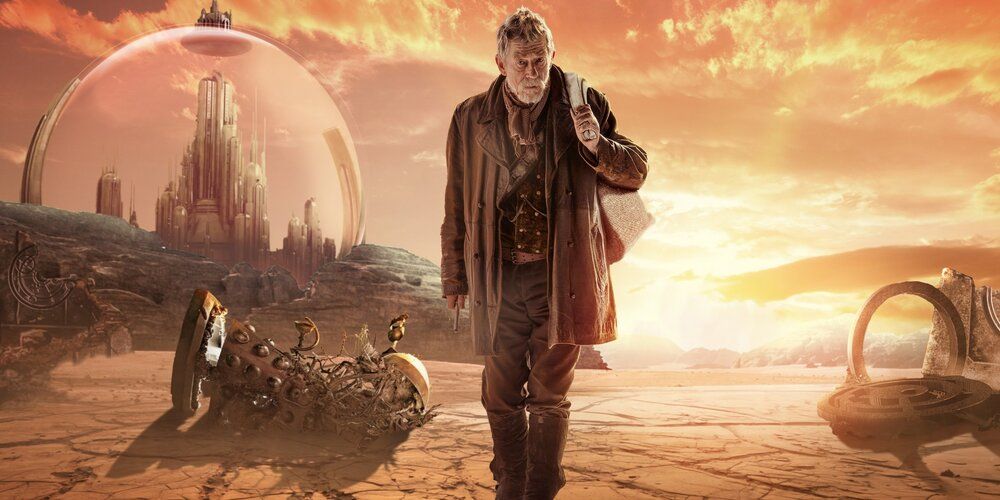
Aside from novels and audio adventures, the non-numbered incarnation known only as the War Doctor has only made one appearance, in the 50th anniversary special "The Day of the Doctor."
Despite his limited time, John Hurt injected great characterization into the role, living up to the 'warrior' traits promised in Eight's regeneration. Projecting weariness, but nonetheless a dogged resignation to do his duty, the War Doctor has many fans hoping for a return.
7 The Third Doctor Was A Secret Agent
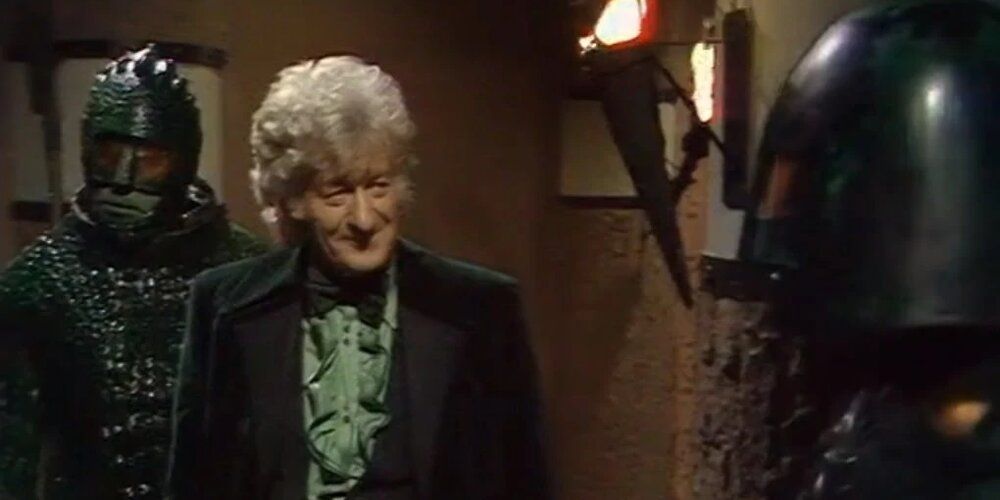
John Pertwee's casting as the Third Doctor was part of a retool of the show to change its content and lower costs, featuring the Doctor exiled to Earth and fighting alongside UNIT to protect it against alien threats.
The shift from time traveler to cover operative can be jarring, especially for viewers used to more modern incarnations of the Doctor, but there is no denying that John Pertwee sold the role and the change well.
6 The Twelfth Doctor Improved Uneven Writing
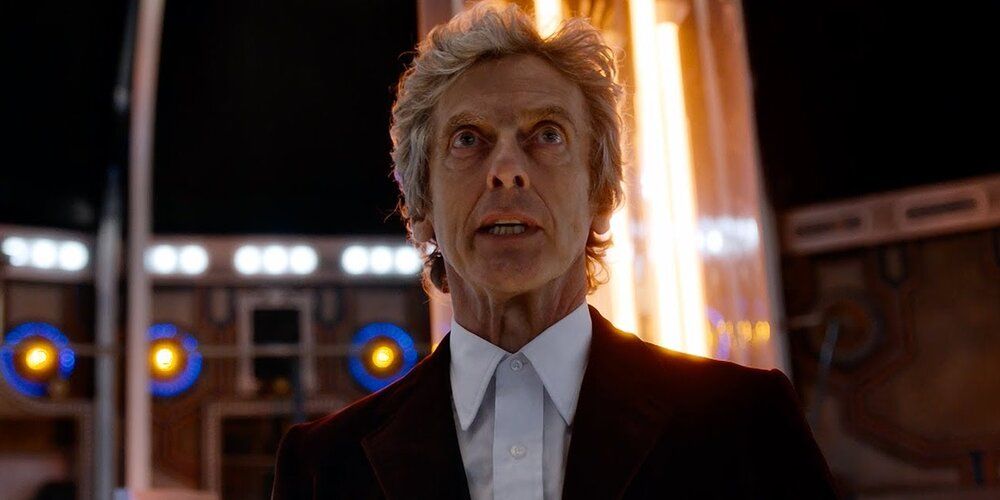
Peter Capaldi's stellar performance as the Twelfth Doctor was hindered by writing that was unsure of what sort of character it wanted to present him as, and struggled to give him relevant screentime next to his plot-driving companion, Clara Oswald.
Nonetheless, Capaldi managed to unify the character around a grumpy, antisocial exterior that hid an emotional core, deeply loyal despite his brusque and unfriendly nature. In particular, Twelve gets some of the most emotional scenes of the revival, such as much of "Heaven Sent."
5 The Thirteenth Doctor Shows A Character Can Transcend Gender
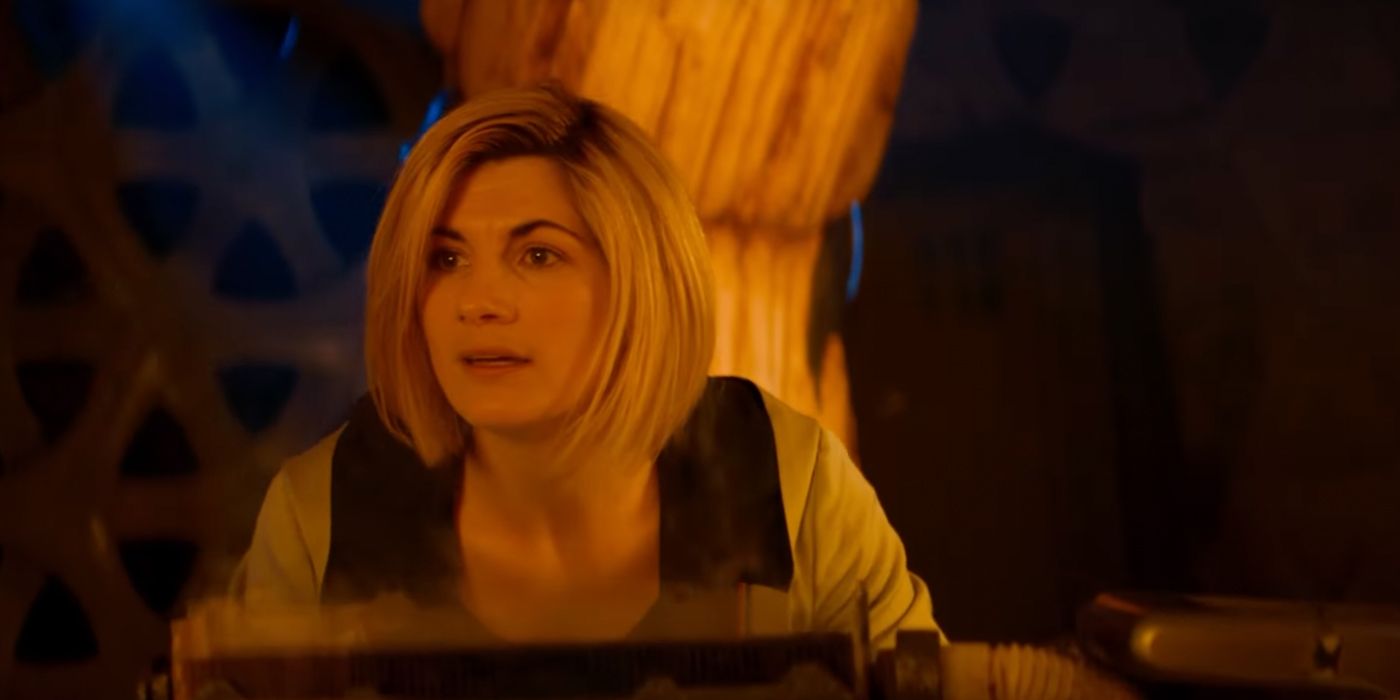
The first depicted female incarnation of the Doctor after years of hints, Jodie Whitaker delivers a unique take on the character, that nonetheless draws on many of her predecessors.
With elements of Eleven and Five's childishness, Ten's emotionality and flaws, and Twelve's oddness, Jodie Whitaker delivers a take on the character that is her own, but helps audiences understand that, despite the shift, it is still the Doctor.
4 The Eleventh Doctor Is Undeniably Alien
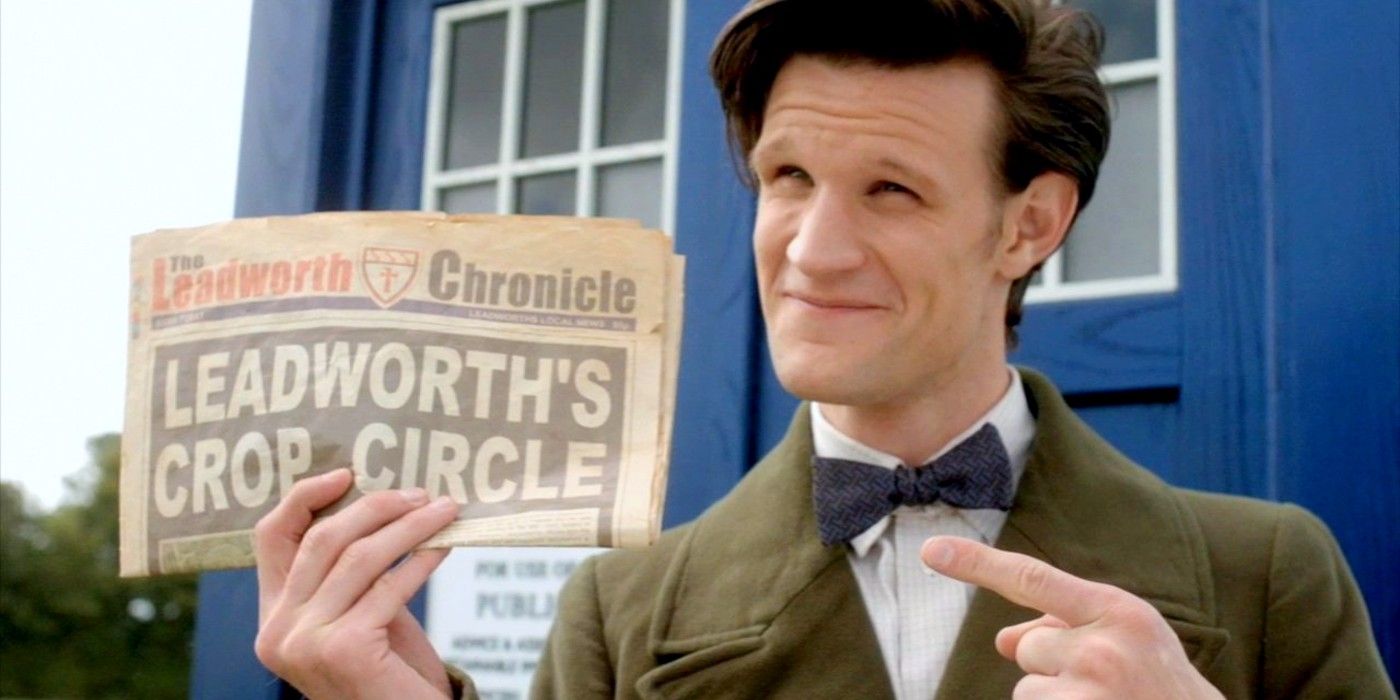
While far more sociable than many of his incarnations, the Eleventh Doctor has an oddity about him. A near-complete lack of ability to grasp social norms and a level of enthusiasm that can put others off, but they're offset by an overdose of charisma.
Nonetheless, these seemingly childish traits hide that the Eleventh Doctor is by far the most openly self-loathing and consistently dark of the lot. His arrogance and darkness never peak as high as other incarnations but are always present.
3 The Ninth Doctor Was A Puppy Hiding Behind A Killer
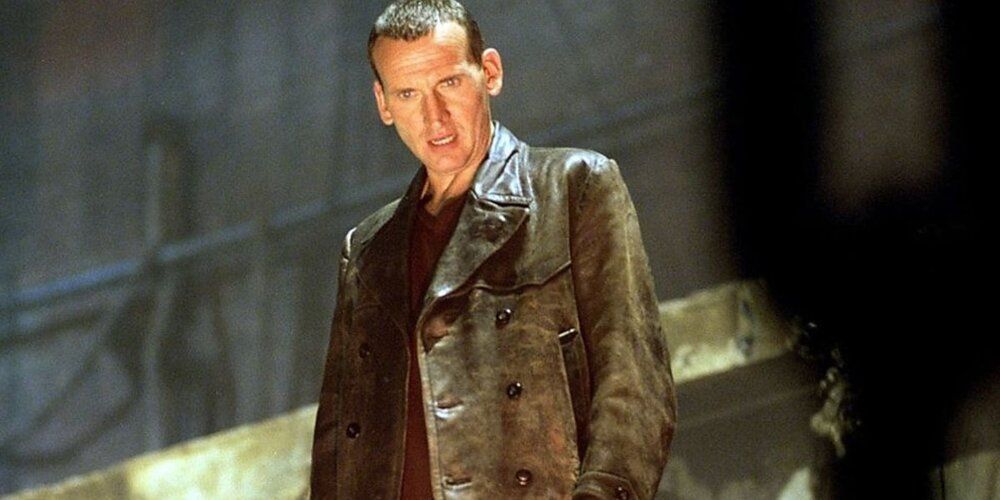
With only one season to his name, Christopher Eccleston's Ninth Doctor nonetheless managed to put the revival of Doctor Who on the map as a show to watch, largely off of an immensely strong performance.
With a tough exterior, dark fashion sense, and abundance of anger, it was clear that Nine was a Doctor who regenerated after ending a war in what he believed to be the worst way. Nonetheless, the façade cracked often, showing a bleeding-hearted altruist underneath.
2 The Fourth Doctor Was A Pop Culture Icon
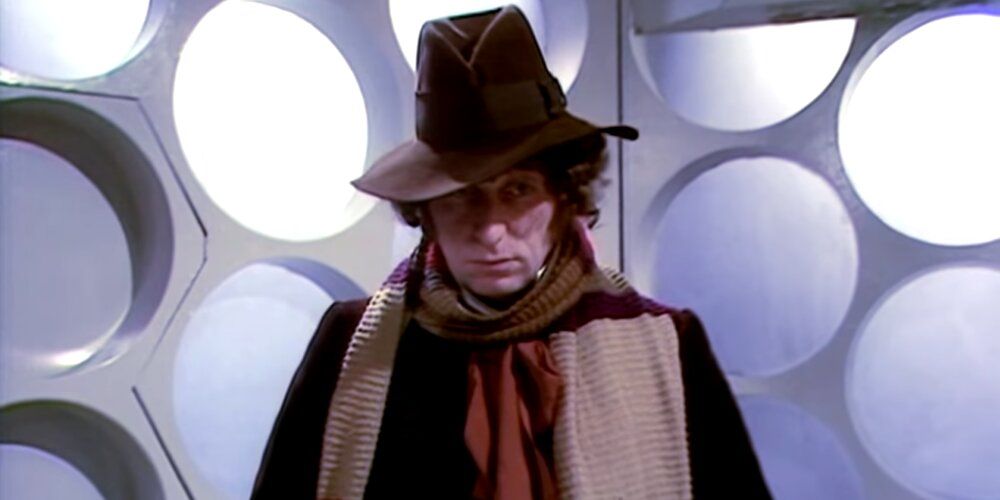
For a long time, the Fourth Doctor was the most famous and popular version of the character ever. Tom Baker's humorous yet Shakespearean delivery, vivid and layered personality, and iconic aesthetic with his scarf, made him a fan favorite.
Even some inconsistencies with his character, such as the level of violence he was comfortable with and his regard for those around him, weren't enough to dent fan appreciation, and the Fourth Doctor's run is known as a Golden Age for the show.
1 The Tenth Doctor Was A Passionate, Flawed Hero
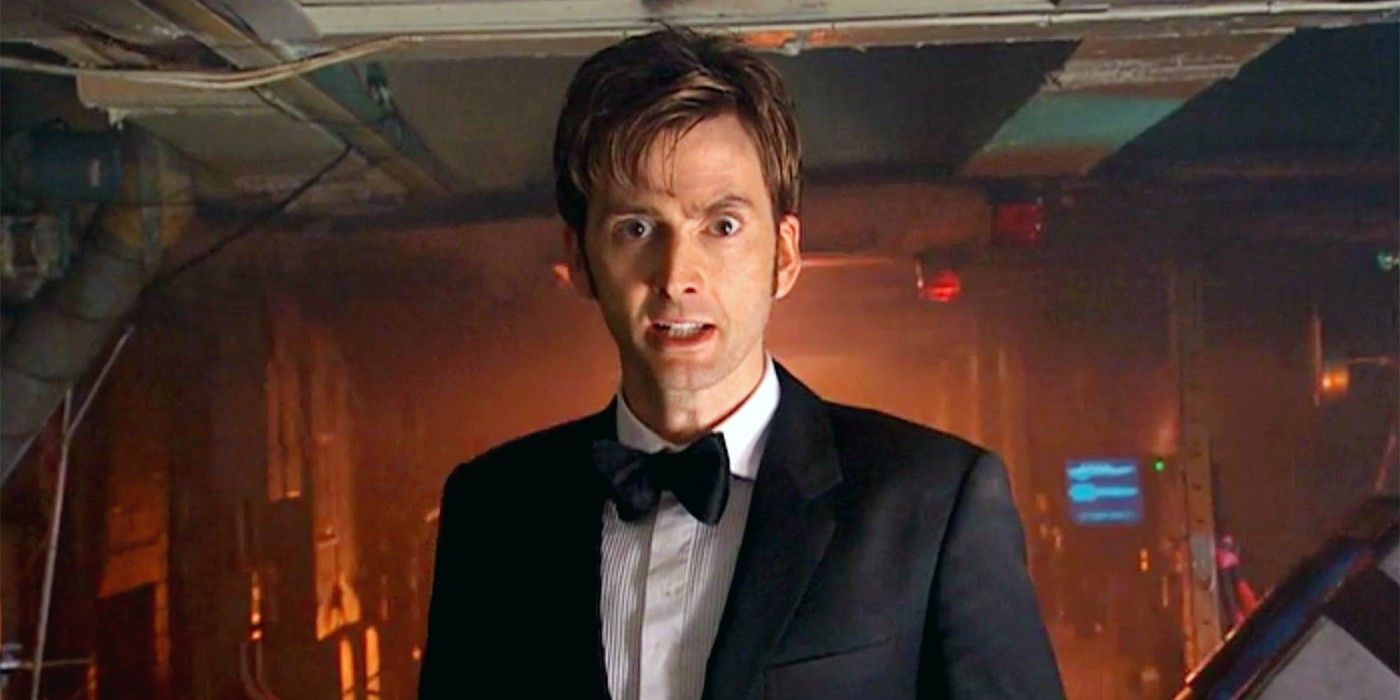
The powerhouse behind the early parts of modern Doctor Who, David Tennant, is beloved by fans for his flawed, passionate, romantic, dark, and sheerly enjoyable Tenth Doctor.
One of the most vocally happy Doctors, always finding enjoyment and wonder without seeming childish, the character nonetheless took the show to some of its most mature and gritty depths, with deeply emotional outbursts, mixing pathos and catharsis expertly.
0 Comments